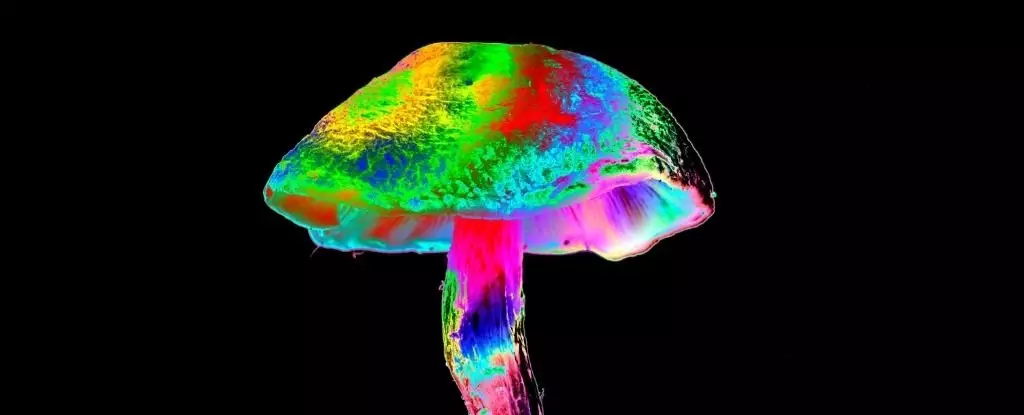The growing interest in psychedelics within both scientific and public spheres has brought to light the potential benefits and risks associated with these powerful substances. Psychedelics have the ability to alter perception, mood, and various mental processes, making them a promising treatment option for a wide range of mental health disorders. However, understanding how psychedelics interact with different mental health conditions, especially personality disorders, is crucial.
A recent study conducted by researchers at Imperial College London delved into the complex relationship between psychedelics and mental health, specifically focusing on the potential risks for individuals with personality disorders. The study involved collecting self-reported data from 807 participants who had used psychedelics in various settings, ranging from recreational to therapeutic. Researchers measured the participants’ mental wellbeing using a scale known as the Warwick-Edinburgh mental wellbeing scale, both before and after using psychedelics.
The study found that only 16% of participants reported an overall negative response to psychedelics. However, a significant portion of these negative experiences (31%) were reported by individuals with a history of personality disorders. This highlights the importance of understanding how psychedelics can influence mental states and potentially worsen or improve symptoms unique to various personality disorders.
Although the study provided valuable insights, it also had several limitations. These included reliance on self-reported data, a small number of participants, a high dropout rate, and variations in the types and dosages of psychedelics used. Additionally, the lack of a control group for comparison and the lumping together of different personality disorders may have skewed the results and overlooked specific risks associated with each disorder.
Despite the limitations of the study, it highlights the potential benefits of psychedelics for mental health and underscores the importance of careful screening for personality disorders before using these substances. A personalised approach to using psychedelics is essential, especially for vulnerable individuals with personality disorders. As the field of psychedelic therapy continues to evolve, it is crucial to refine therapeutic approaches to ensure the safe and effective use of psychedelics for all individuals.
Moving forward, it is essential to utilize more rigorous research methods, such as controlled trials, to compare psychedelics to standard treatments or placebos. Personality disorders should be professionally diagnosed rather than relying solely on self-reports, and psychedelic doses should be standardized to accurately assess their therapeutic effects. By addressing these recommendations, future studies can provide a deeper understanding of how psychedelics interact with mental health conditions, including personality disorders.
Overall, the complex relationship between psychedelics and personality disorders requires further exploration and research to ensure safe and effective use in therapeutic settings. By acknowledging the nuances of this interaction and implementing rigorous research methodologies, we can continue to enhance psychedelic therapy and promote mental health and well-being for individuals with personality disorders.



Leave a Reply